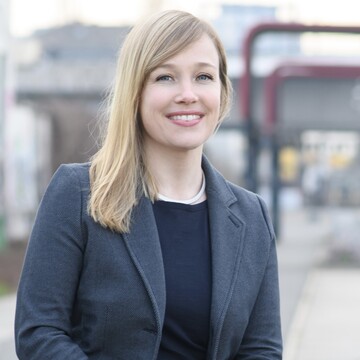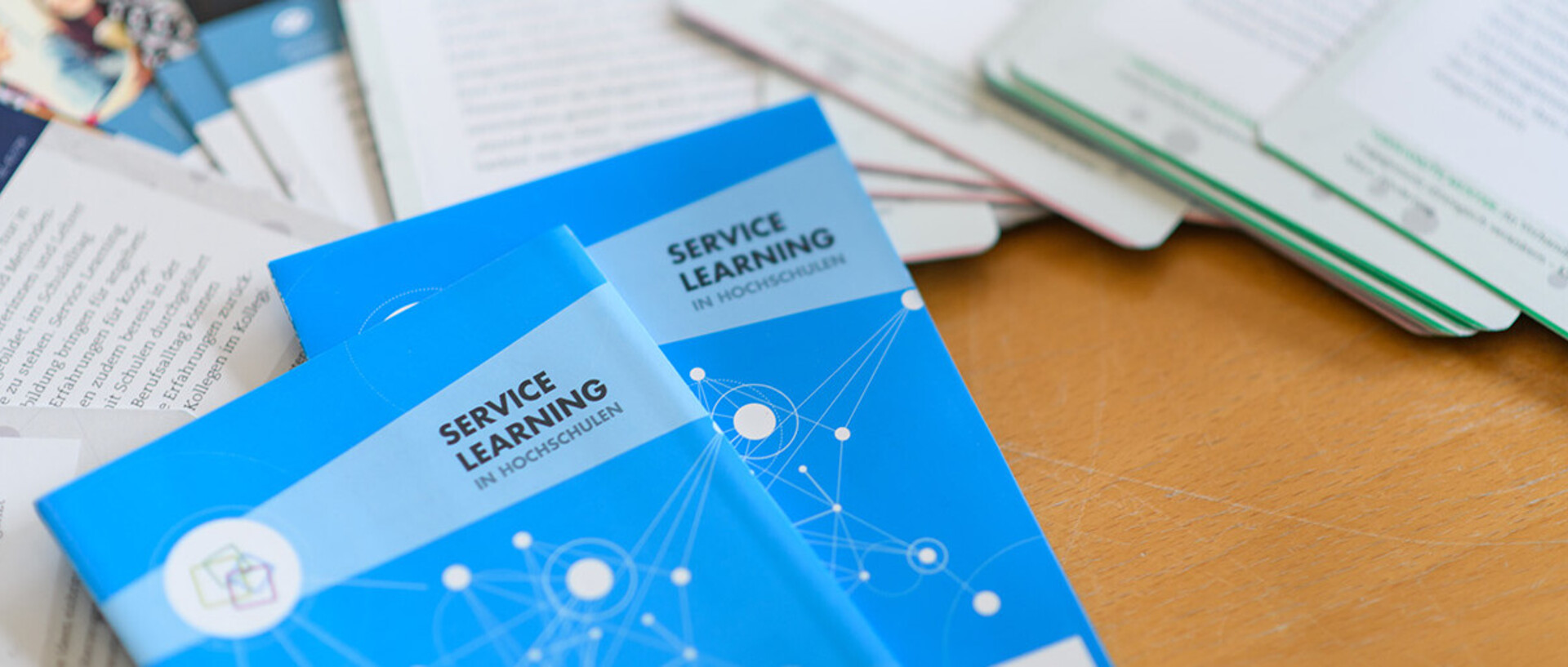Service-Learning
Teaching methods with practical relevance
Service-learning is a project-oriented form of teaching and learning that combines scientific learning (“learning”) with public interest actions (“service”). Scientific findings and methods, which are taught in university lectures and seminars, are practically applied in local projects.
Such local projects typically face new, unsolved challenges –because they have the need to solve a specific problem.
The University of Mannheim has been offering service-learning since 2003. The Mannheim Professor of Educational Science and Educational Psychology Professor Dr. (emeritus) Manfred Hofer was one of the first professors to implement the teaching concept, which originated in the US, in Germany.
Objectives
- Linking theory and practice
- Increasing the competence to reflect
- Solving real problems in society
- Taking on responsibility in society
- Personal development of students
Criteria
In summary, the following criteria apply to service learning projects in Mannheim:
- Students apply theoretically learned contents of a lecture or seminar in a practical context in the non-profit area. In doing so, social added value is created.
- Students are given the opportunity to deepen and reflect on their theoretical knowledge while interacting with non-university members and while demonstrating social commitment.
- Service-Learning is anchored in the curriculum at the University of Mannheim (i.e. within the framework of a course for which ECTS points are awarded).
Example
Service-learning in the master’s program in Teacher Educatio, UNI-Kurse project: Remedial teaching in the afternoon at Mannheim schools, Professor Dr. Stefan Münzer, Chair of Educational Psychology
U = Unterstützung- und Förderkurse (support and remedial teaching)
N = Nachhilfe und Intensivierung (tutoring and intensification)
I = Individuelles Lernen mit Lehramtstudierenden (individual learning with students in Teacher Education programs)In the “UNI-Kurse seminar: Remedial teaching in the afternoon at Mannheim schools”, students in Teacher Education programs develop individual learning units for small groups of pupils and teach those in the afternoon at two Mannheim Gymnasiums (lower grades). The basis of the support groups is an assessment of the students' language level.
In the seminar , students will learn the scientific knowledge related to the practical school experiences. For students as future teachers, the seminar offers an opportunity to learn about specific problems and to jointly reflect on practical experiences.
The challenges that arise in the support groups are varied: They range from group formation to didactic design and continuous testing of learning effectiveness to collaboration with each other as well as with teachers and parents.
The procedures are also intended to provide a model for how future teachers can work together to address the challenges of teaching in school.
The participating schools and their pupils receive reliable support which is based on the results of a previous assessment.
Advising and contact

Julia Derkau
Center for Teacher Education and Educational Innovation
Schloss – Room EO 084
68161 Mannheim
